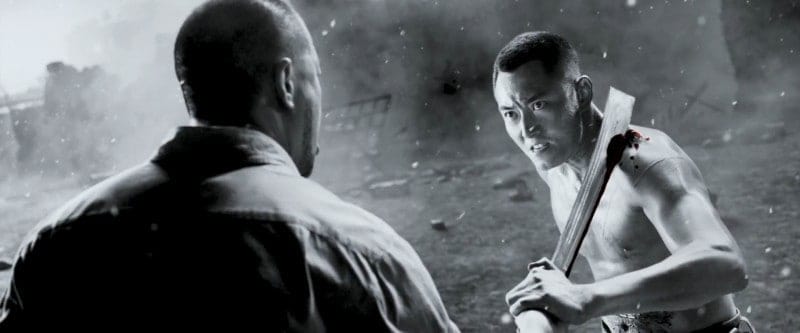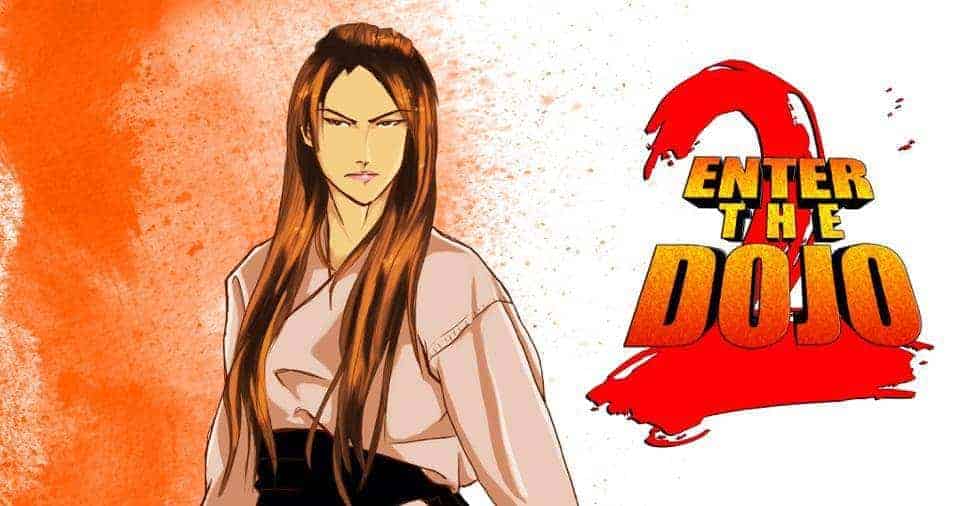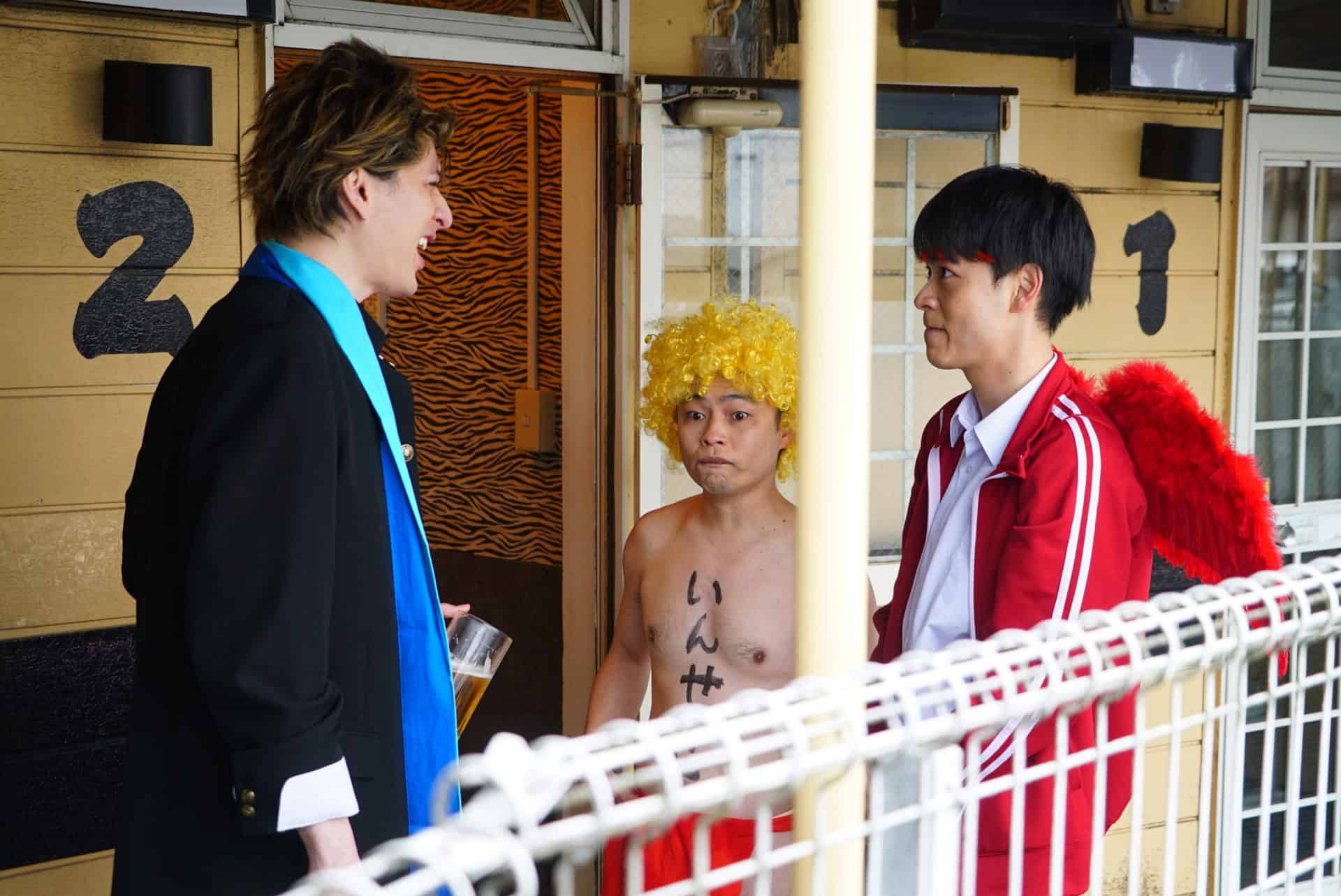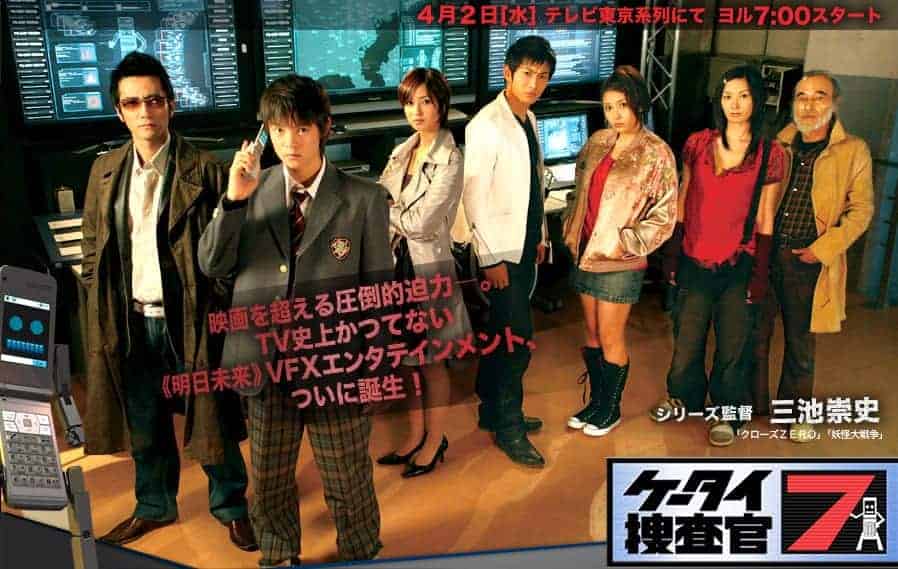“Toki is set in 1959, and follows the story of a midwife named Toki Ihashi, living in Yashio village, Saitama. She has been providing childbirth assistance to the village for many years. However, in 1948, after the war, the GHQ promoted American-style hospital births. This put midwives, whose livelihood was home birth, in danger of going out of business.” (Star Fruit Books)
Buy This Title

The newest release from Star Fruit Books continues to showcase the publishers knack for finding unique and poignant titles. At face value, “Toki” can be described as a medical manga with historical context, but peeling back the layers of the narrative offers a remarkable amount of depth and emotion. Notably, the titular character's experience with ‘the great Kanto earthquake' and how it shaped her dedication to being a midwife – unable to pull people from the rubble making a haunting yet tangible explanation of her dedication to midwifery. Consequently, there is a certain tragedy tied to Toki's pride that gives her observations and words a profound weight. Adding the fact that the character is dedicated to the memory of the mangaka's grandmother, the work resonates a personal touch best conveyed by experiencing the work. The release, if anything, is one of the most beautiful homages to family that readers are ever to experience.

The work further presents Toki as a hero among her people, having delivered many of the town kids during the baby boom following the war. Embracing a sense of duty, her career path is defined by a desire to celebrate life and the role of woman in giving birth. This is most notable in discussions on the movement towards a more western perspective of childbirth and treating the women as patients with a medical problem. Toki's reflection on this matter offers a humane perspective that is, arguably, lost in modern medicine. Lines like, “if the power of medicine is used in a purely rational way to treat birth as if it were an illness, it'll rob woman of the joy of giving birth”, resonate a profound love of humankind that draws you into her persona.

Another attribute that makes the work so powerful rests with the research on the medical history specific to the midwifery (aided by the Sara Maternity Hospital). In particular, exploring the retired methods of the craft during a troublesome birth adds to the sense of intensity – the reader is aware that these practices have long been abandoned but in that moment is utterly necessary to save a life. Overall, the book presents an idyllic balance of drama and history that is perfectly digestible.
The artwork draws heavy inspiration from early manga, notably the work of Osamu Tezuka. Using rounded forms, the art has a nostalgic feeling to it which compliments the era and narrative. However, comparing to the modern and popularized manga visuals, the aesthetic will only appeal to a limited audience. This is somewhat offset by the inclusion of colour paneling at the start and end of the release, giving the work a needed visual flair. Ultimately, the art will awe those who can embrace the style but may seem overtly simplistic for those lacking a garnered appreciation.
There is no denying that “Toki” won't be to all tastes, but it is a title that is certainly worth checking out even if the genre and artistic style does not instantly pique interest. If readers can unravel the work and embrace the aesthetic, they are certain to find a profoundly beautiful tale – a true celebration of the human spirit. Tatsuya Ihara's love-letter to his grandmother is easily one of the most touching stories I have read all year; more people should check this one out.
















I’m Tatsuya Ihara, the creator of TOKI.
Thank you for reviewing my manga.
This manga is a very Japanese story, so I’m very interested in what foreign people think about it.
Thank you for the positive review.
Thank you for your kind words and thank you for making “Toki”, I learned a lot and enjoyed it a great deal.